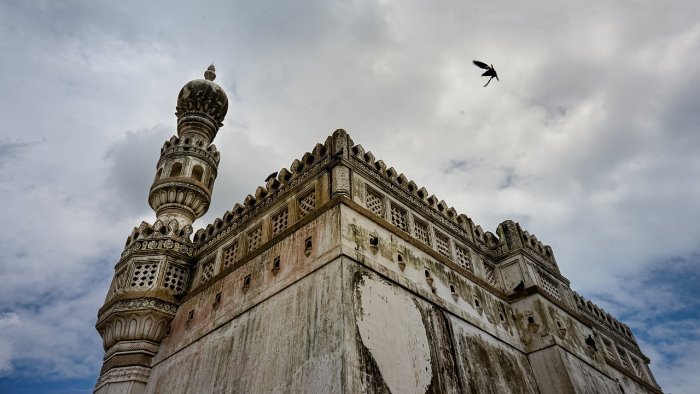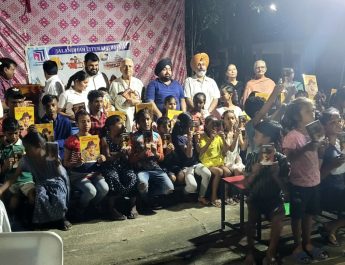From Our Bureau
NEW DELHI: The All India Muslim Personal Law Board has told the Supreme Court in an affidavit and released a statement to attest that there is no bar on Muslim women offering prayers (Namaz) but it should be at segregated spaces. It asked the Supreme Court not to entertain the issue.
It has responded to a petition filed by a Pune-based Muslim woman and advocate Farha Anwar Hussain Shaikh that has sought that the apex court declare the prohibition on the entry of Muslim women into mosques illegal.
She has argued that the entry of Muslim women in mosques cannot be prohibited since the practice violated the constitutional rights of Muslim women, particularly, the right to a life with dignity.
Such a prohibition, the petition said, was not envisaged in the Quran. Shaikh also cited examples of Mecca and Medina, where women pilgrims, she said, perform some rituals along with the men.
The AIMPLB has claimed in its statement that the example cited by the petitioner – of Tawaf in Mecca around the black stone – to build upon the argument of intermingling is “misleading.”
“Even in Mecca in all the mosques around the Holy Kaaba, the practice of segregation of men and women is in place,” it has claimed.
The Board called for similar segregation and also appealed to the Muslim community at large that wherever new mosques are constructed, this “issue of making appropriate space for women be kept in mind.”
As a body of experts which does not have any state powers, the board said it “can only issue advisory opinion, based on Islamic principles. The board, and this court, for that matter, cannot enter into the arena of detailed arrangements of a religious place, which is a completely privately managed entity for religious practices.”
It also called into question the Supreme Court’s role in addressing religious practices while attempting to right alleged violations of the constitutional rights enshrined in Articles 14, 15, 21, 25, and 29.
This is, however, not the first time that the Supreme Court has dealt with matters in which religion has overlapped with gender. The Supreme Court had earlier allowed women of all ages entry into the Sabarimala temple in Kerala. It then referred review petitions challenging this decision to a larger bench.
The board said: “In terms of Islamic texts that there is no prohibition on Muslim women entering Mosques and offering namaz or congregational prayers.”
However, the Board has nixed the “free intermixing of genders in the same line or common space,” noting that is not in conformity with Islam’s position. Segregation of space within the mosque premises by a management committee, if possible, is thus advised, it has noted.




